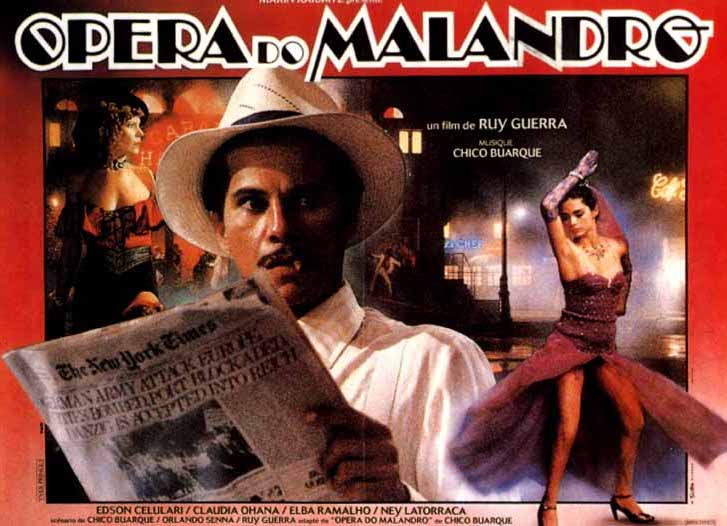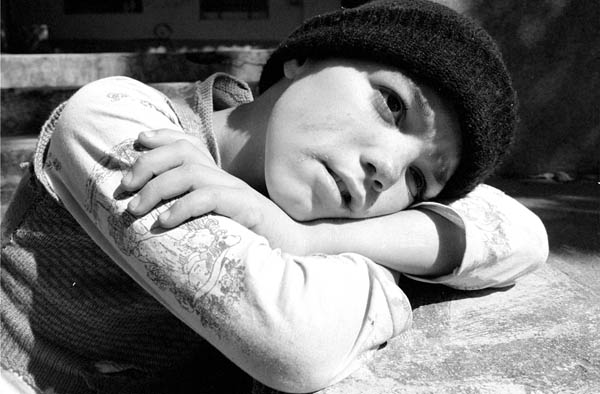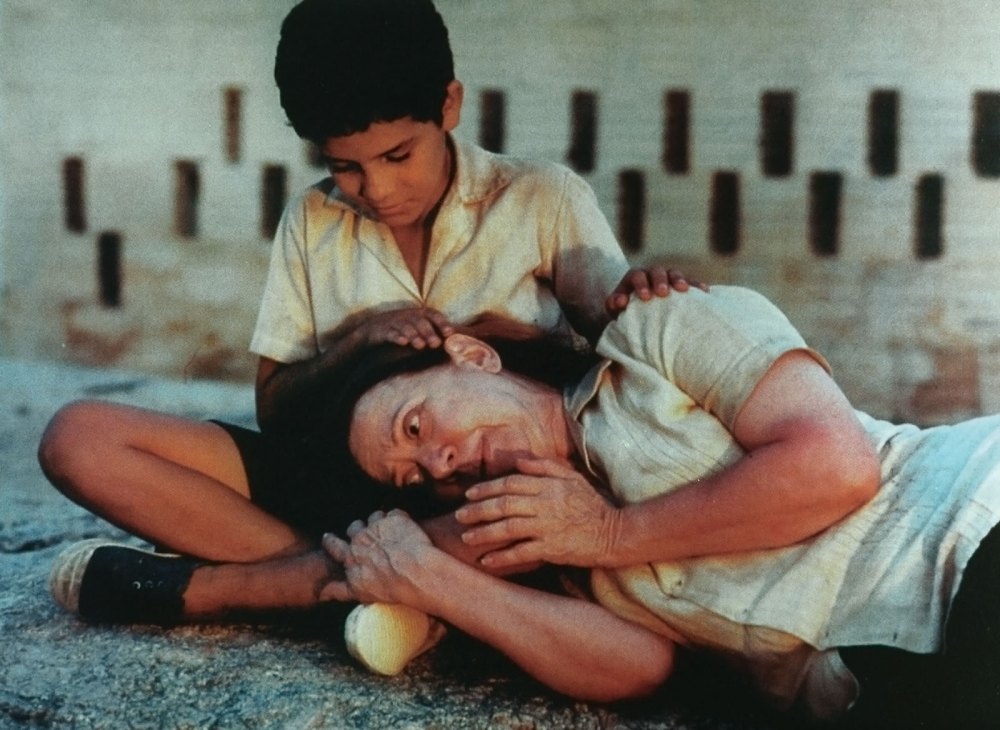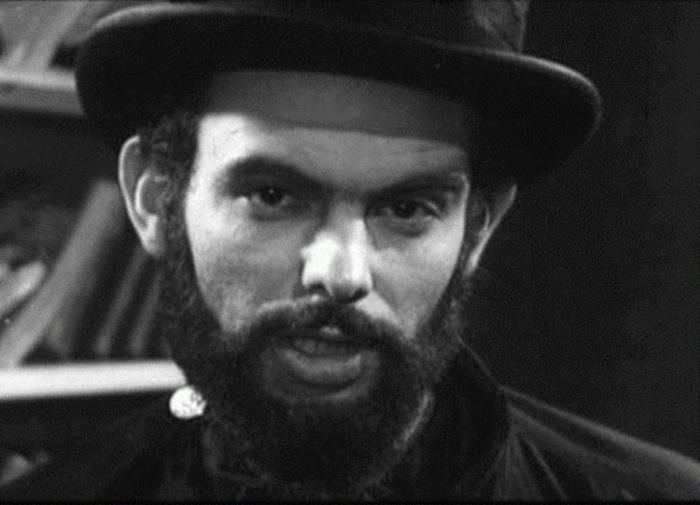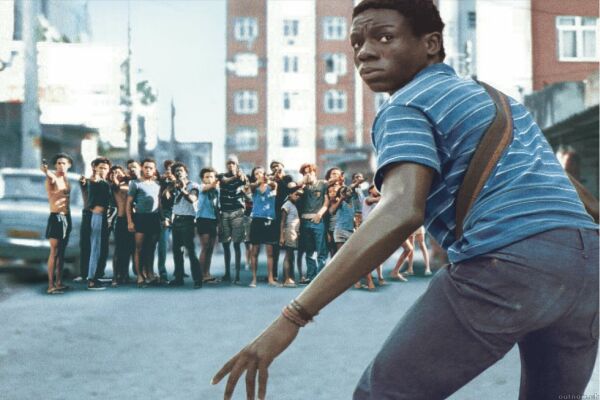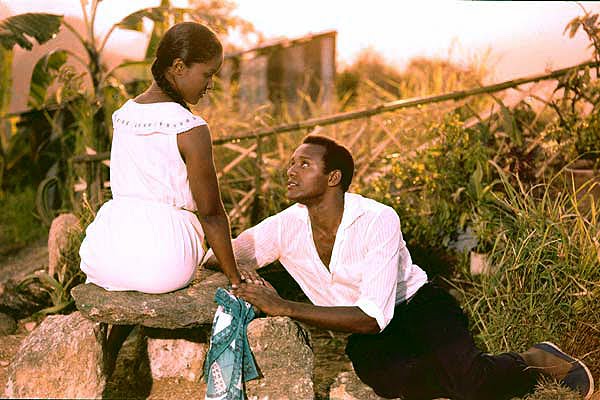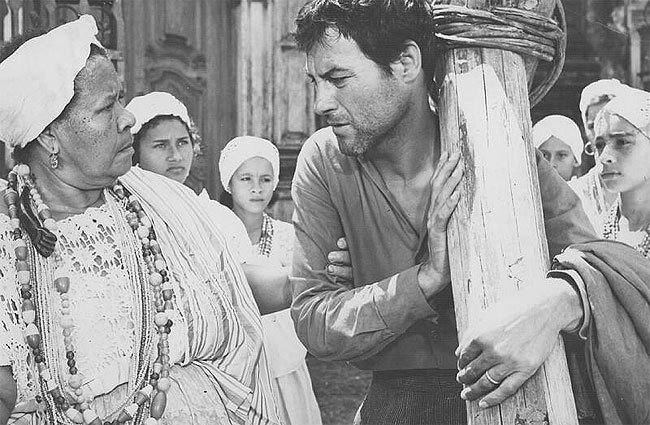So here’s another retroactive list from me. I think it’s safer to assume that this one is more tinged with nostalgia than the 1994 one. In this case, I believe a majority of the films included are ones I saw during or shortly after the year for the most part. Well, in terms of the American releases. Now, in 1987 I was five and six years old, meaning I was just starting my schooling.
I believe most of the films I saw were video or HBO selections. I specified American films above because there are some great foreign titles, that need no disclaimer, which I discovered later on that were released in this year. As for the disclaimer: you see what my relative age was when the films came out or when I got to see them, therefore that is your grain of salt. Again, as I did before, I will stress that the way I assemble this list is usually based on its noteworthiness in my estimation and not necessarily its impeachable quality. However, I will discuss that a bit with each film that’s included.
One thing that’s interesting to note is that this post serves a function as a replacement (and possible prelude) to a series I wanted to do this year. If you take 25 years of age as the youngest a film can be to be considered a classic then the film class of 1987 would be eligible this year. It’s interesting to examine what holds up and what doesn’t after all that time.
Some personal entertainment-related milestones for the year include: my favorite thing in the world was ALF (such that I had a lunch box and much more) and if memory serves I was a year away from my first theater-going experience. For I seem to recall that being Bambi and per the IMDb the only re-release I would have memory of occurred in 1988. Also, I don’t think I watched the Super Bowl for another few years but I knew that the Giants had won.
Without further ado, the list, which is in no particular order:
1. Blind Date

Blind Date (TriStar Films)
Of the 80s movies that made Kim Basinger a star, and for a time one of my favorite actresses, I’m not sure I like this more than something like My Stepmother is an Alien, however, both that and this are so hazy in my memory I can’t honestly tell how they hold up, but I remember adoring them at the time and it’s definitely a marker for the year.
2. Amazing Grace and Chuck

Amazing Grace and Chuck (TriStar Pictures)
In a paper I wrote about the 1980s I discussed this film at great length. It was a truncated repost on this site that I’ll start over, however, suffice it to say I think there are few films that are as resoundingly a product of their times than this is. I discovered it much later and love it.
3. Innerspace

Innerspace (Warner Bros.)
I’m not sure it’s possible to chronicle a year in 1980s without including a Joe Dante film. As is the case with a lot of films on this list I haven’t seen them in a while but I think this film, for quite some time, has been overlooked and dismissed unjustly.
4. Roxanne

Roxanne (Columbia Pictures)
This is one of Steve Martin’s best balancing acts between his comedic and dramatic talents. His put-down monologue is fantastic and I still quote: “It must be great to wake up in the morning and smell the coffee…in Brazil” often.
5. The Lost Boys

The Lost Boys (Warner Bros.)
I was a late-comer to the horror genre so I didn’t discover this film until later on. And as if to underline my point, few and far between are those who dislike this film, therefore when I can defend Joel Schumacher I do. You can knock some of his films but not all, not even close.
6. The Monster Squad

The Monster Squad (TriStar Pictures)
The rise to cult status of The Monster Squad is truly amazing and practically unprecedented and I’m a small part of the years later surge in its popularity. I saw it many years after its release on VHS and loved it. I now have it on DVD and I get why it’s adored and also why it flew under the radar in its initial release.
7. The Curse

The Curse (Trans World Entertainment)
As I’ve mentioned previously, few films exemplify the alchemy of horror better than this film. It’s got a lot going against it but it still works very, very well.
8. Hellraiser

Hellraiser (New World Pictures)
I was first introduced to this film in a horror class I took in college. It just keeps getting better with age like a fine wine. It also stands as one of two films that have gotten me literarily smitten with its writer, in this case Clive Barker. I immediately started chasing down his books after seeing this and Candyman in the class.
9. Baby Boom

Baby Boom (United Artists)
Here’s another I’ll admit is cloudy but I do remember watching it quite a bit on HBO back in the day, and I believe that many of the Diane Keaton films I saw were partially a result of this film. Not to mention that as silly as it may be it is also a sign of the times. Women still had some strides that needed making in terms of equality, and this was one of the films and/or shows that was broaching that subject. Perhaps, not the best or most serious but noteworthy nonetheless.
10. Hope and Glory

Hope and Glory (Columbia Pictures)
This is another film I discovered later on and it is also a film that is exponentially better on the big screen. I discovered it on video. I was fortunate enough to see it introduced by John Boorman at BAM Rose Cinemas in Brooklyn. The viewing was very memorable but I’ll be eternally thankful for the response he gave my question about casting a young lead. It helped me a great deal in preparing for an upcoming production.
11. Planes, Trains & Automobiles

Planes, Trains & Automobiles (Paramount)
This one is a favorite for so many. As I often say John Hughes created innumerable new templates for story that were used in film and television alike. This one is no exception, while many avoid the twist in the tale the framework has been re-used several times as has The Breakfast Club, Ferris Beuller’s Day Off, Sixteen Candles and so on.
12. Au Revoir Les Enfants

Au revoir les enfants (Orion Classics)
I can’t say I’m a completist with his work but I love Louis Malle. In this film he tells a very personal story and you can feel that throughout the film it’s really its most remarkable quality.
13. Empire of the Sun

Empire of the Sun (Warner Bros.)
I saw this film many years after its release. I saw it sometime in the summer of 2001. I remember the date specifically because after multiple viewings my opinion of Artificial Intelligence: A. I. had solidified and having had a Spielberg class and hearing things like “this is his most European film” but not being able to see it I was very anxious. Being properly prepared for it in all regards it blew me away. I love it.
14. Wall Street

Wall Street (20th Century Fox)
This film I remember viewing in a high school economics class the first time around. Now there was a slightly more cynical, realistic approach that the teacher employed when discussing it, and he had his motives for showing it but not only was it a victory for me against an attempt pedagogical indoctrination, but I still really enjoyed the film a great deal. That is not surprising as it was during Oliver Stone’s heyday.
15. Throw Momma from the Train

Throw Momma From the Train (Orion)
This is another one I’m far removed from seeing but the premise is outlandish and it’s made to work thanks to the casting of Momma, but then you also have Billy Crystal and Danny Devito working together, so my childish sense of humor (which for the most part remains in tact) adores it.
16. Overboard

Overboard (MGM/UA)
Amnesia it seems was big in the 80s, at least I think it was I can’t remember (I’m so sorry). It was an oft-used theme then it seems but this was the best take. There aren’t many great tandems anymore but this one was a match made in cinematic heaven regardless of material and cheesy posters.
17. The Grand Highway

The Grand Highway (Miramax)
This is a film I discovered quite some time later. I think it’s likely the most overlooked of them all. This film did get a US remake, which I discuss here. I think this is a really great film that more people should see. I wrote about the remake of this film and will re-post that series here.
18. Um Trem Para As Estrelas

Um Trem Para As Estrelas (FilmDallas Pictures)
Another staple on these lists, when I can find one, will be a Brazilian film. This was a pivotal time in Brazil politically as the country was making the always difficult transition from a dictatorial government to a democracy. That serves as the backdrop for this coming of age tale. The film also portraits Brazil’s vibrant pop music scene of the era with many performances by popular artists included. I remember I rented this from Movies Unlimited back when they had a physical location, and while deliberate in pacing I enjoyed it a great deal.
19. Mio in the Land of Faraway

Mio in the Land of Faraway (Miramax)
A lot of funny things and parallels come to mind when there’s mention of this film. First, this seems to be my obligatory Christopher Lee title. Second, here’s Christian Bale’s second appearance on this list, in his neophyte, pre-bad press phase. It’s also strange in that it’s an all English-speaking cast enacting a foreign fairytale, similar to the The Neverending Story with much less press in the US. This one also only was released in the US in 1988. I really do like this film for the narrative, the lead performances, and because it’s good cheese. I can’t argue there’s none here.
20. Pelle the Conqueror

Pelle the Conqueror (Miramax)
In my retroactive BAM days I placed this film as an ’87 release even though it made its splash globally the following year, seeing as how this list is in retrospect I’ll place it here. Not only is this a great film wherein Bille August burst on to the scene but it’s yet another great performance in the career of Max von Sydow. It’s also an incredibly moving film.
21. In a Glass Cage

In a Glass Cage (Cinevista)
If there was ever a director to which the term no-holds-barred applied without question it’s Augusti Villaronga. There are likely synopses that give away only what is necessary to discuss the film, I’d rather spoil nothing about this film except to say this film is not for the faint of heart or the queasy. Even if you’ve seen many films, few are this dark and disturbing. It relishes in making you uncomfortable. It’s likely not a film you’d want to see more than once but perhaps what’s most effective is that it pushes your buttons regardless of what’s happening.
22. Bad

Bad (Epic Records)
Two things straight off the bat: If I could’ve included Madonna I would have but “Open Your Heart” as a video came out in December 1986. As for what a music video is doing on this list, I had a short film in my 94 list and I did write (not yet reposted here) after Jackson’s passing about how his videos were more cinematic than most and in the 80s they were more story-based in general. It may not be quite the production that Thriller is but there’s no bothersome disclaimer at the front and this one was directed by Martin Scorsese so it has more than enough merit to it.
23. La Bamba

La Bamba (Columbia Pictures)
I was, as were many of my classmates, quite literally obsessed with this movie and Richie Valens for quite a long time after it came out.
24. Ernest Goes to Camp

Ernest Goes to Camp (Buena Vista Pictures)
Writing a blurb for a Ernest movie is simple: either you like this character of the late Jim Varney or you don’t. I always liked him even though I saw this film later on.
25. The Garbage Pail Kids Movie

The Garbage Pail Kids Movie (Atlantic Releasing Corporation)
Here’s a film that will fall under the memorable category. I fall neither in the cult following of this movie nor the rabid hatred thereof, but I have seen it twice and do recall it was the quest of a friend of mine’s in junior high to obtain this film. It may well have been the seed for my loathing of the concept of something being out of print.
26. Masters of the Universe

Masters of the Universe (The Cannon Group)
Another big deal for me when I was young was He-Man. More so the animated series than this film. Now, I loved it at the time but I have since revisited most, if not all of the series, and the fish out of water approach to the movie while amusing is certainly not why we kids adored the show. It was Eternia and the characters and landscape there. It certainly wasn’t as the quote at the bottom of this poster states the Star Wars of the 80s, I think that was still Star Wars.
27. Dennis the Menace Dinosaur Hunter

Dennis the Menace Dinosaur Hunter (LBS Communications)
There are some things I really loved as a kid that I would come very close to forgetting and then through some nearly miraculous happenstance be reminded of in a very powerful way and my affection would be rekindled. The more notable cases are musical but this film fits that bill. It was a TV project that I know I’ve seen many times but each after nearly having forgotten it existed. I liked, and still do like, Dennis the Menace as a character and I was obsessed with dinosaurs so this film is one I’d naturally gravitate to.
28. Flowers in the Attic

Flowers in the Attic (New World Pictures)
Here’s one that I nearly forgot about as I used the IMDb to jog my memory and somehow I hadn’t voted on this one though I viewed it when I was a rather anal-retentive voter. I saw this film later on and it’s definitely a cult favorite. You either love it or loathe it but perhaps what’s most notable for me is that after having seen it I considered reading V.C. Andrews but when I discovered the author’s name had become and overly-exploited brand name posthumously, I shied away. Perhaps, with an even better interwebs than ever before, I’ll look into her again and see what she actually wrote and what is just attributed to the name.
Thus concludes my journey through 1987 what year I’ll revisit next I know not but may it be as memorable as the first two.




